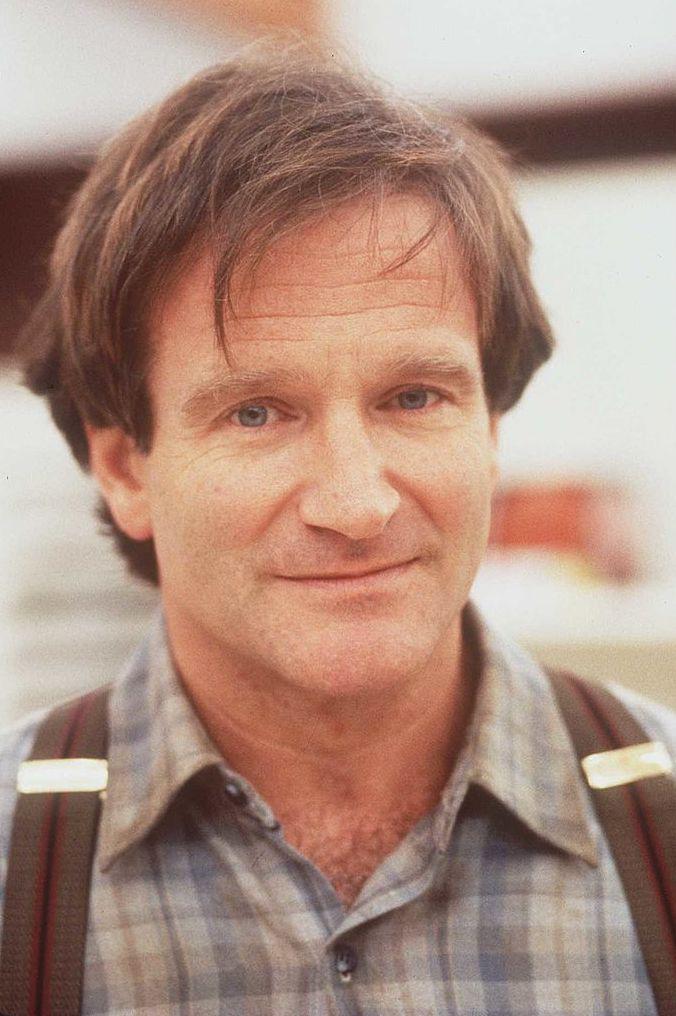“Can you imagine the pain he felt as he experienced himself disintegrating? And not from something he would ever know the name of, or understand?” These were Susan Schneider Williams’s words in 2016, in the journal Neurology, as she explained to brain specialists what it was like for her husband, beloved comedian and actor Robin Williams, in the final tragic months of his life.

Robin Williams, one of America's greatest talents (1951–2014) ©Getty Images | Handout




